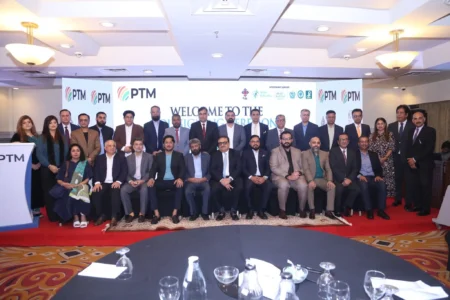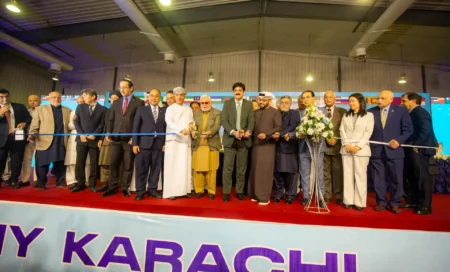WASHINGTON: The visitors planning to visit the US soon will be asked to fill out a new questionnaire for the US Visa that asks for all prior passport numbers, five years’ worth of social media handles, email addresses and phone numbers and 15 years of biographical information including addresses, employment and travel history, says the report.
The US Department of State has proposed tougher questioning of visa applicants who it believes warrant extra scrutiny, according to a government document published Thursday, 1st June, in a push toward the “extreme vetting” sought by President Donald Trump.
The additional criteria would be applied to 65,000 people per year or about 0.5 percent of visa applicants worldwide, the State Department estimated, though it did not target nationals of certain countries.
While the new questions are voluntary, the form says failure to provide the information may delay or prevent the processing of an individual visa application.
Immigration lawyers and advocates say the request for 15 years of detailed biographical information, as well as the expectation that applicants remember all their social media handles, is likely to catch visa applicants who make innocent mistakes or do not remember all the information requested.
They also question whether the time-consuming screening can achieve its intended goal of identifying potential terrorists.
“The more effective tactics are the methods that we currently use to monitor terrorist organizations, not just stumbling into the terrorist who is dumb enough to post on his Facebook page ‘I am going to blow up something in the United States,'” said John Sandweg, a former senior official at the Department of Homeland Security, or DHS.
Applicants may not necessarily be denied a visa if they fail to provide all the information if it is determined they can provide a “credible explanation”, the notice said.
The State Department estimated that the additional screening measures would take approximately an hour per applicant, meaning an additional 65,000 additional hours of work per year.
“Somebody’s got to do the work,” said Greg Siskind, an immigration attorney in Memphis. “It’s going to cause operations at a lot of consulates slow to a crawl.




